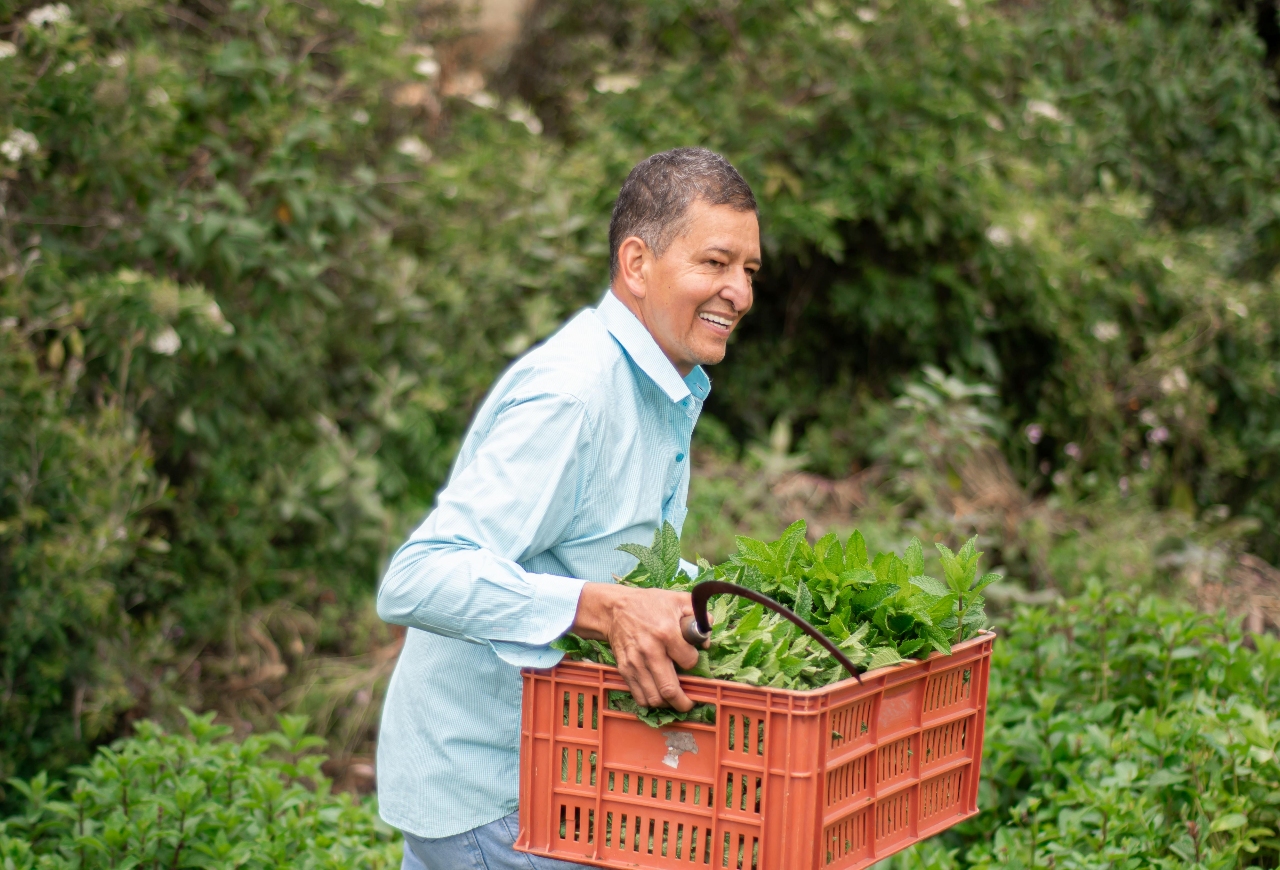The Business Investment Financing Track has been set up to accelerate financial support for smallholder farmers and MSMEs in the agri-food sector, and improve food security and agricultural development in low-income countries.

The Global Agriculture and Food Security Program (GAFSP), the multilateral financing platform dedicated to improving food and nutrition security worldwide, has launched the Business Investment Financing Track (BIFT), a new $75m (€67.7m) investment programme aimed at supporting inclusive, climate-smart, and nutritious food systems in low-income countries.
The BIFT is being run as a pilot project with project sponsors and co-investors, which include the African Development Bank, Asian Development Bank, International Finance Corporation, IDB Invest, and the UN’s International Fund for Agricultural Development (IFAD). The pilot will run until June 2026, and funding includes both non-repayable grants – for technical assistance, advisory services, and incentives – as well as repayable concessional finance instruments, including guarantees, insurance, as well as concessional debt and equity.
Embracing blended finance
The aim is to incentivise multilateral development finance institutions to move away from direct investment approaches towards blended finance solutions, aggregating funding from a range of investors such as impact investors, asset managers and banks, to support larger, more impactful programmes.
Projects eligible for funding will target smallholder farmers, producer organisations, MSMEs, and agribusiness startups involved in the production or marketing of nutritious foods for local and regional markets.
GAFSP, which is hosted by the World Bank, said that these market segments and value chains had historically been neglected by private investors because they were seen as too small, too risky, or offering modest returns. By de-risking private investment, the GAFSP hopes to make it easier for investment vehicles to mobilise additional private finance for investments in what it sees as high-potential yet traditionally underserved segments of the food system.
Speaking to Impact Investor, Felipe Dizon, acting program manager of the GAFSP Fund, said: “To date the public sector window of GAFSP has only been able to deploy grants in support of projects led by countries or producer organisations. With the BIFT, the GAFSP will be able to deploy both grants as well as concessional finance instruments to support blended finance interventions proposed by the private sector arms of several multilateral development banks.”

“A big call, from the impact investor community in particular, has been that if we want to keep moving the needle and build financial markets and solutions that target food crop value chains that can deliver more nutritional value for local communities, we will need additional concessionality to do it. That is what the BIFT is aiming to do,” he said.
Co-financing platforms
The BIFT requires the blended finance solutions to build on strategic public investments made in nutritious food value chains, involve non-governmental organisations, and leverage grants or concessional finance instruments such as guarantees and insurance, as well as concessional debt and equity to attract private investments.
“These solutions could be anchored in funds, facilities, bonds or programmes, which are essentially collective investment platforms that bring together a broad range of investor types,” said Dizon.
He explained that the GAFSP funding through the BIFT would take on the highest risk position in the platforms concerned, whilst the multilateral DFIs would need to, at least, match that contribution with their own concessional or commercial financing.
“Then there will be a broader pool of private investors incentivised by the de-risking capital brought in by the GAFSP. These include impact investors as well as commercial investors, such as corporates, pension funds or family offices.”
Transformative investments
GAFSP said that the BIFT would support blended finance solutions that fostered transformative agricultural investments as part of a longer-term vision to create more sustainable and resilient agri-food systems in lower-income countries.
Dizon added that the pilot programme would focus exclusively on support for value chains anchored in nutritious foods as defined by the Global Alliance for Improved Nutrition.
“We will not, for example, be targeting coffee value chains or other cash crops for global export markets. Our focus is on providing support for nutritious foods for consumption in local and regional markets. That’s where we see the greatest need,” he said.
Projects supported through the blended finance proposals could, for example, include local currency facilities that allow agribusiness MSMEs to make climate smart investments without incurring exchange rate risks, debt funds providing debt financing for MSMEs producing nutritious food or green funds that reward smallholder producers when they adopt more sustainable farming practices that increase their long-term productivity.
Unlocking private capital flows
The launch of the BIFT follows in the footsteps of the recent signing of the UN’s Pact for the Future to reform the global financial architecture and reinvigorate international cooperation to accelerate the implementation of the UN’s Sustainable Development Goals (SDGs). This included measures to mobilise more affordable financing from MDBs in order to help developing countries meet their development needs.
“We are very much aligned in terms of the objectives laid out in the Pact, which is one of several multilateral commitments that have been put out in recent years to accelerate progress towards the SDGs,” said Dizon, who said the BIFT was a small step towards unlocking the billions of dollars in private capital needed to accelerate the implementation of SDGs, in particular SDG 2- Zero hunger.
“When it comes to SDG 2, we are woefully off target. The only way to get back on track with the limited public aid resources that we have, is to deploy those resources in a smart way and make them stretch much further in terms of attracting private capital at scale” he added.
According to the OECD, between 2012 and 2020 only 12% of the almost $300bn that was mobilised from the private sector by official development finance interventions benefited low-income countries, and the agriculture, forestry and fishing sector as a whole received just 5%.
“Only a small amount of blended finance is going to SDG 2 specifically. This is where we are trying to do things differently with the financial resources we have and the partnerships we can mobilise across the multilateral system through our programme,” added Dizon.






